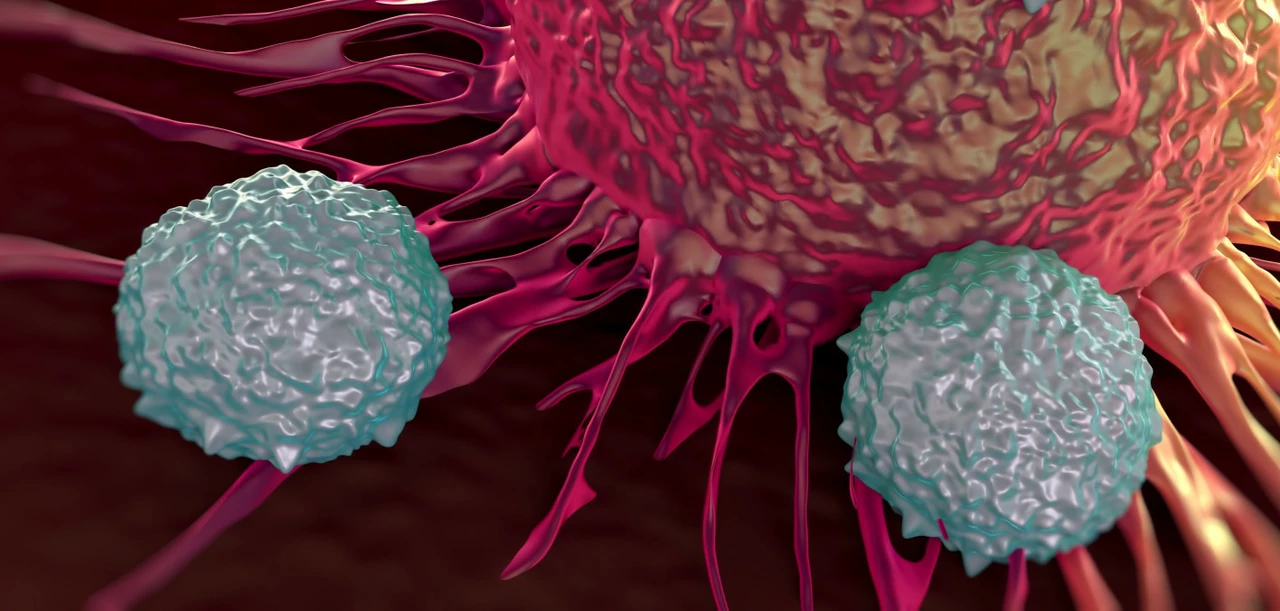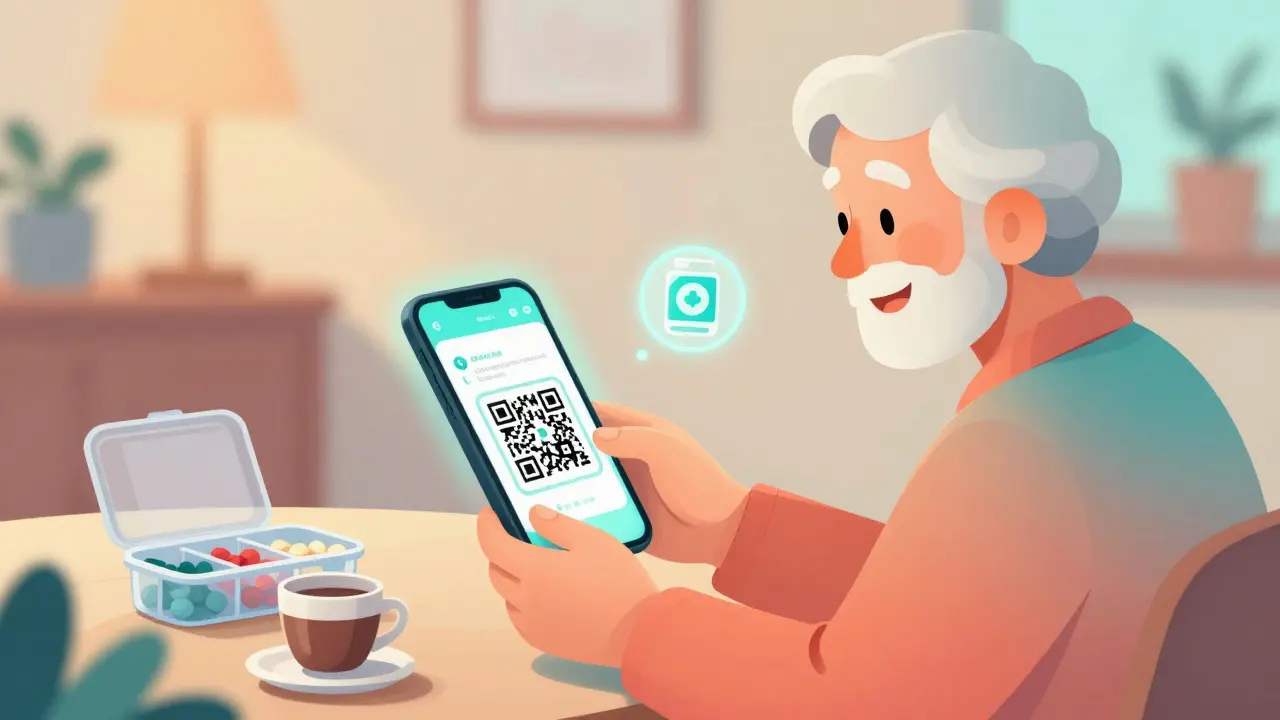Chemotherapy: What to Expect and How to Feel a Little Better
Chemotherapy attacks fast-growing cancer cells — and that’s why it also hits things like hair follicles, gut lining, and bone marrow. That sounds brutal, and it can be. But knowing what usually happens, and having a few simple tricks, makes the whole process less overwhelming.
Below are clear, practical tips you can use before, during, and after chemo. No fluff — just things people actually find helpful.
Common side effects and quick ways to manage them
Nausea and vomiting: Anti-nausea meds (antiemetics) work well when taken as your team prescribes. Eat small, bland meals — crackers, toast, applesauce — and avoid strong smells. Ginger tea or ginger candies help some people.
Fatigue: Rest when you need to, but try short walks or gentle stretching. Light exercise often helps energy and mood more than doing nothing. Plan your stronger activities for the day after treatments when you may feel better.
Hair loss: This happens for many drugs. If it matters to you, ask about cold caps (not always an option) or plan head coverings you like — hats, scarves, or wigs. Cutting hair short before it falls can feel empowering.
Mouth sores and taste changes: Use a soft toothbrush, rinse with saltwater or baking soda rinses (ask your nurse for a recipe), and choose cool, soft foods. Metal tastes can be eased by using plastic cutlery and adding sauces or citrus to meals.
Low blood counts and infection risk: Avoid crowds and sick people when your counts are low. Watch for fever and call your cancer team immediately if your temperature goes above the recommended threshold — this is often a medical emergency.
Practical prep and safety tips
Bring a list of your medications to every appointment. Chemo can interact with common drugs, supplements, and herbals. Ask your team before taking anything new, even vitamins.
Bring comfort items to the clinic: layered clothes, a neck pillow, a good book or tablet, and snacks for after treatment. Hydrate before and after sessions unless your doctor says otherwise.
Ask these questions before starting chemo: What are the likely side effects? When do they usually start and finish? Which symptoms require an urgent call? What's the goal of treatment—cure, control, or symptom relief? How long will each cycle last?
Support matters. Tell family or friends the specific ways they can help — rides, meal prep, or watching kids. Look into financial counselors or social workers at your clinic; they often have practical resources for bills, transport, and lodging.
Finally, trust your team and speak up. If a side effect feels worst than expected or a medicine doesn’t help, call. Small adjustments often make a big difference in comfort and safety during chemo.





